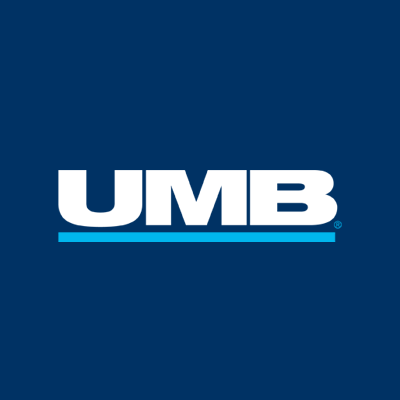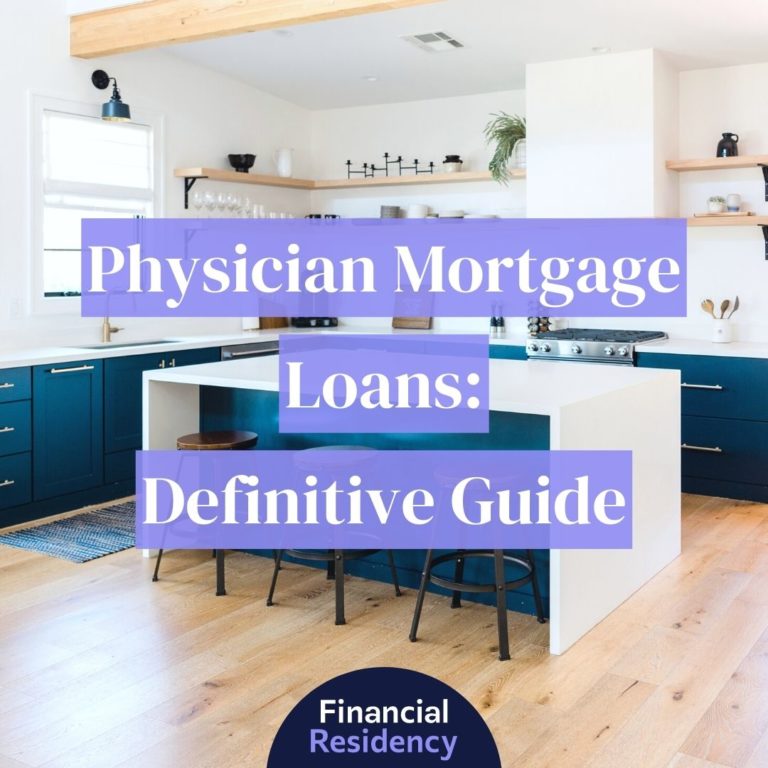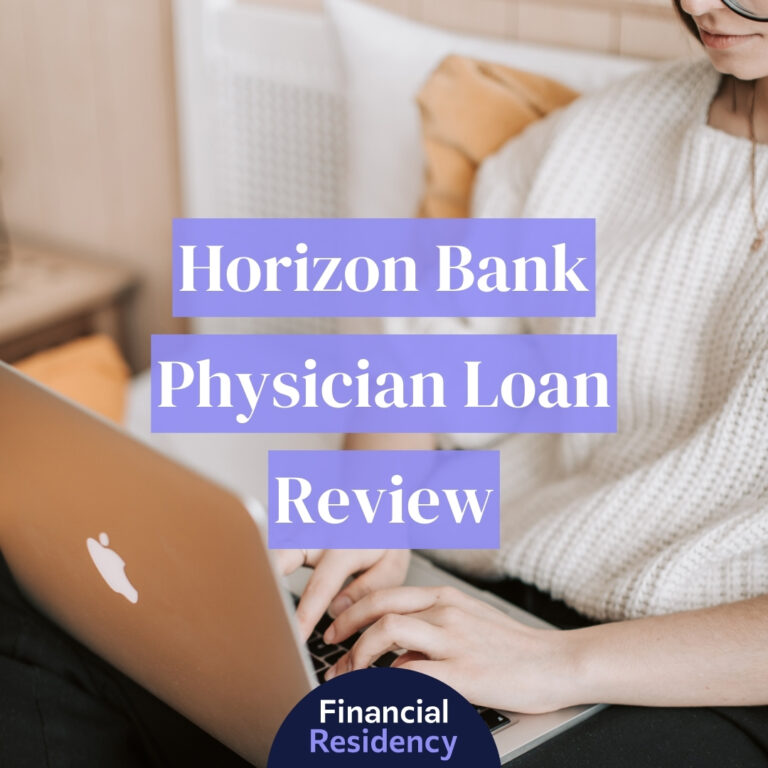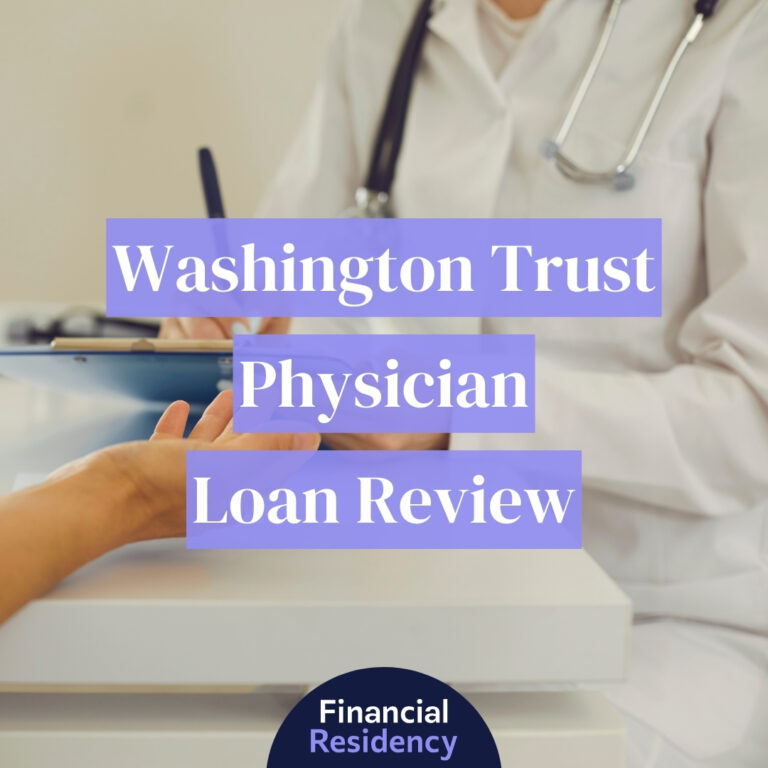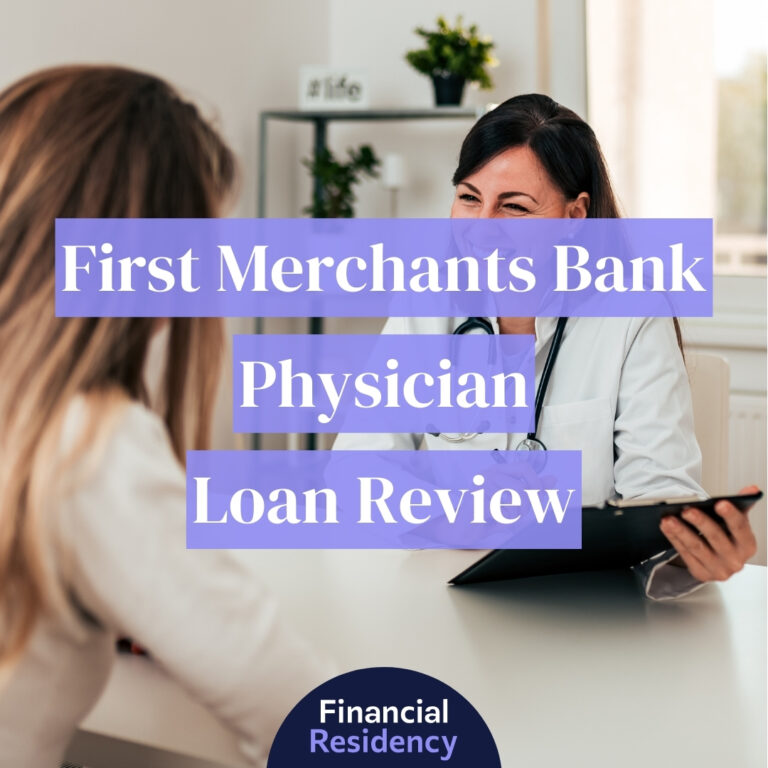Finding the best physician loan is an important job! So in this review, I’ll breakdown how UMB physician loans work to help you decide whether UMB is the right lender for you.
UMB is just one of the many banks offering this program, so keep reading to learn more and compare your options.
About UMB
UMB Bank has been serving customers since 1913, starting as a small city bank and growing into a large national bank.
Today, they are a team of financial professionals, advisors, and community members here to help you make the best financial decisions for your future.
- BBB Score: A+
- CEO: Jim Rine
- Parent company: UMB Financial Corporation
- Phone number: 816-860-5880
- Services offered: Personal, business, and institutional banking
UMB Physician Loan: Fast Facts
UMB’s physician loan is a professional loan also open to attorneys. Here are some quick facts about the loan.
- Financing options: 100% up to $1 million and 95% up to $1.5 million for practicing doctors
- Qualifying degrees: MDs, DOs, DMDs, DDSs, ODs, and PharmDs
- Private Mortgage Insurance: Not required
- Maximum loan amount: $1.5 million
UMB Physician Loan: Qualifications
UMB, like most banks, has specific qualifying guidelines. Here’s what to expect for the UMB physician loan.
- Down payment: Residents need 10% down on any loan amount, and established doctors need 0% down on up to $1 million, 5% down on $1.5 million, and 10% down on $2 million
- Position: Available to residents and established doctors
- Physician loan products: Fixed and adjustable rate
- Maximum loan amount: $2 million
How to Apply
1. Get Pre-Qualified
Applying for a UMB physician loan should start with getting pre-qualified. This simple process helps you understand how much of a loan you can get. Because UMB has different requirements for residents and established doctors, this is an important step so you know how much money you need for a down payment and how much you can borrow.
To get pre-qualified, you discuss with your loan officer your income, assets, credit scores, and debts. You’ll discuss your student loan debts in detail, including what portion of them are deferred.
The loan officer will compare your qualifying factors to what they require to determine if you meet the requirements and how much you might be eligible to borrow. This is not a formal approval but is a step in the right direction.
2. Gather the Necessary Documents
Start gathering your documents if you like what the loan officer says about your pre-qualification. These documents are necessary to prove you can afford the loan and make what you said.
To move to the next step, you must provide:
- Income documentation: You must provide official documentation showing the income you said you make. If you haven’t started your job yet but have an executed employment agreement with a start date within 60 days, you may use that instead of paystubs.
- Savings: If you’re a resident or borrowing more than $1 million, you must prove you have the money for a down payment. You must also prove you have money to cover the closing costs. To do this, you must prove your last two months of bank or investment statements to prove you have established savings.
- Degree: UMB offers its loan program to specific medical professionals. You must prove you have one of the following degrees to qualify: MD, DO, DMD, DDS, OD, or PharmD.
- Employment information: Providing your employment information allows the underwriter to confirm your employment or upcoming employment if you’re applying with an employment contract.
3. Get Pre-Approved
Your gathered documentation will help you with the next step, getting pre-approved. This is more formal than the pre-qualification stage because you must complete a loan application and provide the documentation mentioned.
The application states your desire to apply for the loan, and the underwriter will pull your credit to ensure you qualify. They will also review your documentation to ensure you make enough money and have enough for the down payment.
The pre-approval approves your financial situation and personal qualifying factors. It will not cover the house itself since you haven’t signed a sales contract yet. This becomes a part of the conditions you must clear to close on the sale of your home.
4. Satisfy the Conditions and Find a Home
With your pre-approval letter, you can begin looking at homes, and when you find the right home, you can make an offer. The pre-approval letter UMB provides will show sellers you are a capable buyer as it states how much you can borrow, the terms, and what conditions you must clear.
While you look at homes, you can clear any conditions regarding your personal situation, such as updated paystubs or clearing up information about an outstanding debt. After signing a sales contract, you’ll send it to the underwriter, who will order an appraisal and title work to ensure the property meets the lender’s guidelines.
5. Close the Loan
After clearing the loan conditions, UMB will allow you to close the loan. The more organized you are with your documentation and the closer contact you keep with your loan officer, the more likely you’ll be able to close by your contracted date.
When you close, you’ll sign documentation agreeing to the mortgage terms. In most cases, your first payment will be due within 45 days, and you take possession of your new home!
Discover The Best Lenders Answer just a few questions about your career, where you're buying, and how much you want to borrow. Our service will then show you the exact programs you're eligible for from vetted physician loan specialists who will guide you through every step of the process – obligation-free!
UMB Physician Loan: Alternatives
It’s also important to compare UMB physician loans to other physician loan programs. Here are some worthwhile options to consider:
BMO Bank
BMO Bank has flexible debt-to-income guidelines to help doctors qualify for mortgage financing when conventional financing isn’t an option. They don’t require income history, allowing fellows and residents to apply. You can apply for up to 95% financing on loans up to $1.5 million and 90% on loans up to $2 million.
Huntington Bank
Huntington Bank offers loans with up to 100% financing and no PMI. Their loans are fixed or adjustable-rate loans, up to $2 million. They don’t require PMI, and the program is open to new residents or medical professionals with the following degrees: MDs, DVMs, DOs, DDSs, and DMDs.
Fulton Bank
Fulton Bank allows 100% financing on loans up to $1.5 million but requires a 10% down payment on loans up to $3 million. They don’t require PMI, like most physician loans, and they allow sellers to help with closing costs on up to 6% of the sales price. They also allow gift funds for the down payment. Like UMB, you can close on your loan before you start working if you have an active employment contract.
Fifth Third Bank
Fifth Third Bank has a physician loan that requires at least a 700 credit score. You don’t need a down payment if you borrow $750,000 or less, but you can only borrow up to $1 million if you’re a new doctor. However, established doctors can borrow up to $2 million with a low down payment. The program is available as a fixed or adjustable-rate loan.
Pros and Cons
My UMB physician loan review includes the pros and cons so you understand the good and bad sides of the loan program.
Pros
- Can borrow up to $1 million with no money down
- Available to residents and established doctors
- No PMI
Cons
- Residents need a 10% down payment on any loan amount
- The program is only open to a select few medical degrees
Frequently Asked Questions
Are UMB physician mortgage rates lower?
Most people assume UMB physician mortgage rates would be lower because doctors make a lot of money. However, doctors also borrow a lot of money with this program, and some don’t need to make a down payment, which is risky for the bank. That’s why most physician loans have higher interest rates than other loan programs.
Is anyone eligible for a UMB physician loan?
You must be a doctor with one of the following degrees to qualify for a UMB physician loan: MD, DO, DMD, DDS, OD, or PharmD.
Is it smart to apply for a UMB physician loan?
A UMB physician loan can help you secure the financing you need while you still have student loan debt. However, the relaxed down payment guidelines make getting in over your head easy. Make sure you only borrow what you can afford, and don’t borrow just because you can.
How much money can I borrow with a UMB physician loan?
You must prove to UMB that you can afford the requested loan. They’ll look at your income, assets, and credit score. They’ll also calculate your debt-to-income ratio to ensure you aren’t getting in over your head, especially since your deferred student loan debt won’t stay deferred forever.
Does UMB require a specific credit score for a physician loan?
Like most physician loan lenders, UMB requires a good to great credit score, usually over 700. The better credit you have, the better rates and terms they can provide, so use that as motivation to ensure you increase your credit score.
